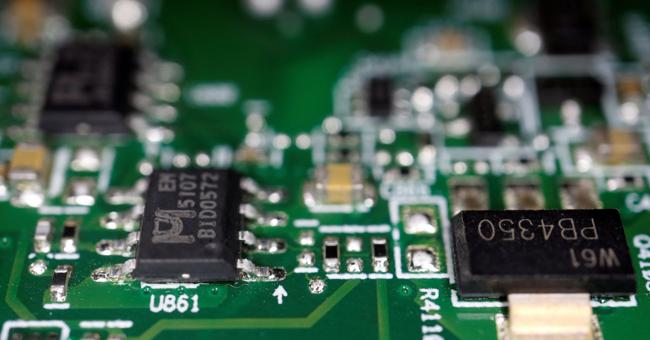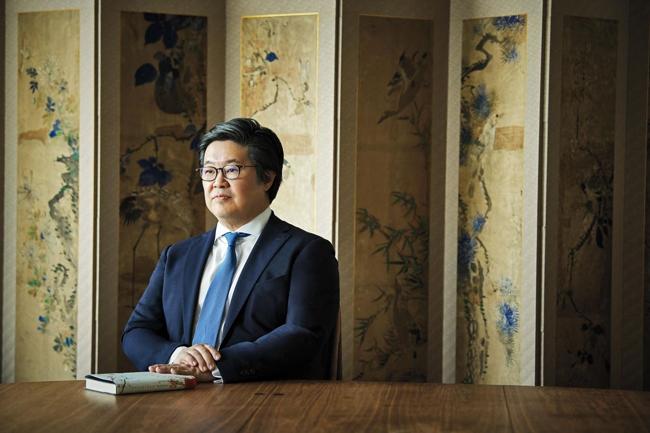Summary
Taiwan will simulate the impact of any U.S. tariffs on the semiconductor industry and seek talks with Washington on the issue, the island’s economy minister said on Tuesday.
Source: Reuters

AI News Q&A (Free Content)
Q1: How significant is Taiwan's semiconductor industry in the global market?
A1: Taiwan's semiconductor industry is a major player in the global market, accounting for about 20% of the global semiconductor industry. Taiwanese companies command around 50% of the world market in foundry operations, with Taiwan Semiconductor Manufacturing Company (TSMC) being the largest player. In 2022, Taiwan's exports of integrated circuits amounted to $184 billion, nearly 25% of Taiwan's GDP.
Q2: What does the latest research say about the impact of import competition on firms' organizational choices?
A2: Recent research by Xin Du and Xiaoxia Shi highlights that import competition influences firms' production organization choices, particularly in high-tech industries. They found that tariff reductions lead to increased vertical integration, especially in industries with high asset specificity. This suggests that firms adapt their organizational structures to optimize production in response to globalization.
Q3: What are the potential implications of U.S. tariffs on Taiwan's semiconductor industry?
A3: U.S. tariffs could potentially impact Taiwan's semiconductor exports by altering trade dynamics and increasing costs. This might lead to shifts in the global supply chain and affect Taiwan's economic growth, given the industry's significant contribution to its GDP. The potential disruption could also lead to increased prices for semiconductors on the international market.
Q4: How does Taiwan intend to address potential U.S. tariffs on its semiconductor sector?
A4: Taiwan plans to simulate the impact of potential U.S. tariffs on its semiconductor industry and engage in discussions with Washington to address these concerns. The goal is to mitigate any negative impacts on the sector, which is vital to Taiwan's economy and global standing in the semiconductor market.
Q5: What are some historical factors that have contributed to the growth of the semiconductor industry?
A5: The semiconductor industry has its roots in the invention of the transistor in 1948, followed by the development of the integrated circuit in 1958. These innovations spurred rapid advancements in fabrication technology, leading to exponential growth. The industry's focus on research and development has been a driving force, with sales reaching $555.9 billion in 2021.
Q6: How do tariff reforms impact tax revenues, according to recent studies?
A6: A study by Omid Karami and Mina Mahmoudi on Iran's agricultural sector shows that tariff reforms do not necessarily lead to a loss of tariff revenue. Different tariff structures can generate varying income levels, even with similar liberalization effects, suggesting that strategic tariff regimes can enhance government revenue while promoting social welfare.
Q7: In what ways could a 'Discounted Reciprocal Tariff' structure affect international trade, particularly in sectors like coffee?
A7: Research by Muhammad Sukri Bin Ramli indicates that a 'Discounted Reciprocal Tariff' structure could cause significant shifts in trade flows by altering demand elasticity and substitution effects. In the coffee sector, such tariffs might lead to a shift in U.S. import demand from high-tariff countries to lower-tariff competitors, potentially increasing coffee prices and affecting exporting nations.
References:
- Semiconductor industry in Taiwan
- Import competition and domestic vertical integration: Theory and Evidence from Chinese firms
- Brewing Discontent: How U.S. Reciprocal Tariffs on Coffee Could Echo the Boston Tea Party
- TSMC
- Estimating Trade-Related Adjustment Costs in the Agricultural Sector in Iran





